Melasma is a common skin condition characterized by brown or gray-brown patches, most commonly appearing on the face—particularly the cheeks, forehead, nose, and upper lip. It occurs when melanin production increases, usually due to a combination of genetic predisposition and environmental influences. The most common triggers include sun exposure, hormonal changes (as seen during pregnancy or while using birth control), and certain skincare products or medications. Understanding what exacerbates melasma is key to managing and preventing it from recurring. Unlike many other skin conditions, melasma is chronic and may come and go in cycles, making consistent care essential.
A Gentle and Consistent Skincare Routine:
A foundational step in long-term Melasma Treatment in Dubai (علاج الكلف في دبي) management is establishing a gentle skincare routine. Harsh scrubs or aggressive exfoliation can worsen pigmentation. Instead, use mild cleansers, hydrating serums, and moisturizers that strengthen the skin’s barrier. Ingredients like niacinamide, licorice extract, and azelaic acid can help reduce pigmentation without irritating the skin. Consistency is vital; results may take weeks or months to appear. A regular morning and evening routine creates a stable environment for the skin, helping to minimize inflammation and gradual pigment reduction over time.
The Role of Sun Protection:
Sun exposure is a major trigger for melasma and one of the most important elements to control. Ultraviolet (UV) rays stimulate melanocytes (the pigment-producing cells), making melasma worse even with minimal exposure. Wearing broad-spectrum sunscreen with SPF 30 or higher is non-negotiable. Physical sunscreens containing zinc oxide or titanium dioxide offer immediate protection and are often less irritating than chemical filters. Reapplying sunscreen every two hours, especially if outdoors, wearing wide-brimmed hats, and avoiding midday sun can significantly improve long-term clarity and reduce melasma flare-ups.
Topical Treatments That Work:
Topical therapies remain one of the most widely used treatments for melasma. Hydroquinone has long been considered a gold standard for lightening dark patches. However, other effective options include kojic acid, tranexamic acid, retinoids, and vitamin C. These ingredients work by slowing melanin production, promoting cell turnover, and improving skin tone over time. It’s often beneficial to use a combination of ingredients to target pigmentation at different stages. A dermatologist-guided approach can help monitor skin response and reduce the risk of irritation or rebound pigmentation, especially in sensitive skin types.
Laser and Light-Based Therapies:
When topical treatments alone aren’t enough, laser or light-based therapies may offer more intensive results. Fractional lasers, Q-switched lasers, and intense pulsed light (IPL) treatments can target deeper pigmentation and stimulate collagen production. However, melasma is notorious for relapsing if not managed correctly after such procedures. Melasma Treatment in Dubai (علاج الكلف), sun avoidance, and a continued use of depigmenting agents are essential to maintain results. Laser treatments should be approached cautiously and only under the care of experienced professionals who understand the nuances of treating melasma-prone skin.
Chemical Peels and Exfoliation:
Chemical peels using glycolic acid, salicylic acid, or lactic acid can help shed pigmented skin layers, revealing brighter, clearer skin underneath. Superficial peels are often preferred for melasma, as deeper peels may cause more harm than benefit. Regular, controlled exfoliation aids in enhancing the effectiveness of topical treatments and improves skin texture. However, chemical peels must be performed at the right frequency and concentration to prevent irritation. Following each session, strict sun protection is necessary to avoid the risk of post-inflammatory hyperpigmentation, which can worsen melasma.
Lifestyle Adjustments for Better Results:
Beyond skincare, certain lifestyle changes can contribute to melasma control. Managing stress, balancing hormones, and maintaining a healthy diet rich in antioxidants can support skin healing from the inside out. Hormonal imbalances—particularly estrogen and progesterone—can worsen melasma, which is why some women may see improvements after adjusting contraceptives. Staying hydrated, limiting heat exposure (like saunas or hot yoga), and avoiding triggers like perfumed cosmetics also play a role. Holistic care that addresses both internal and external factors helps achieve more lasting results.
Long-Term Maintenance and Patience:
Melasma is a chronic condition that may never fully disappear, but with the right treatment plan, it can be significantly improved and kept under control. Long-term clarity depends on regular monitoring, adjusting treatments as needed, and maintaining diligent sun protection. Flare-ups can still happen, especially during summer or hormonal changes, so ongoing care is essential. With patience and commitment, many individuals see dramatic improvements in the appearance of their skin. Tracking progress with photos and setting realistic goals helps maintain motivation and encourages consistency in your skincare efforts.
Conclusion:
Melasma Treatment in Dubai (علاج الكلف) is not a quick fix but a journey toward long-term skin clarity and confidence. By understanding the triggers, committing to sun protection, using effective topical treatments, and incorporating procedures cautiously when needed, you can significantly reduce pigmentation and prevent future flare-ups. Success lies in consistency, patience, and a holistic approach that includes lifestyle changes and ongoing care. While melasma may be a chronic condition, with the right strategy and dedication, clear and radiant skin is an achievable and sustainable goal.

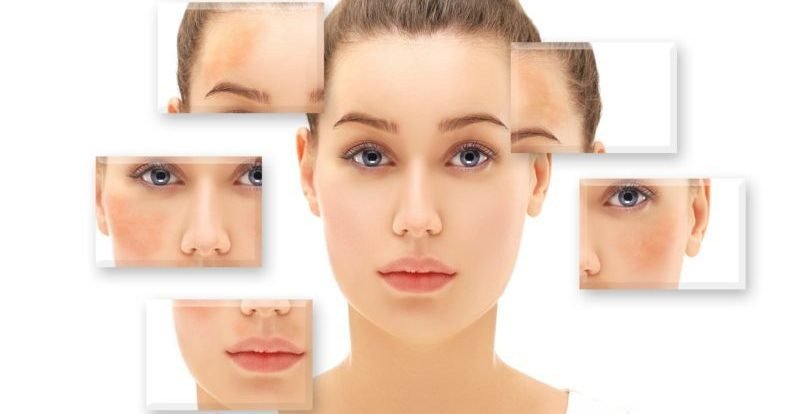



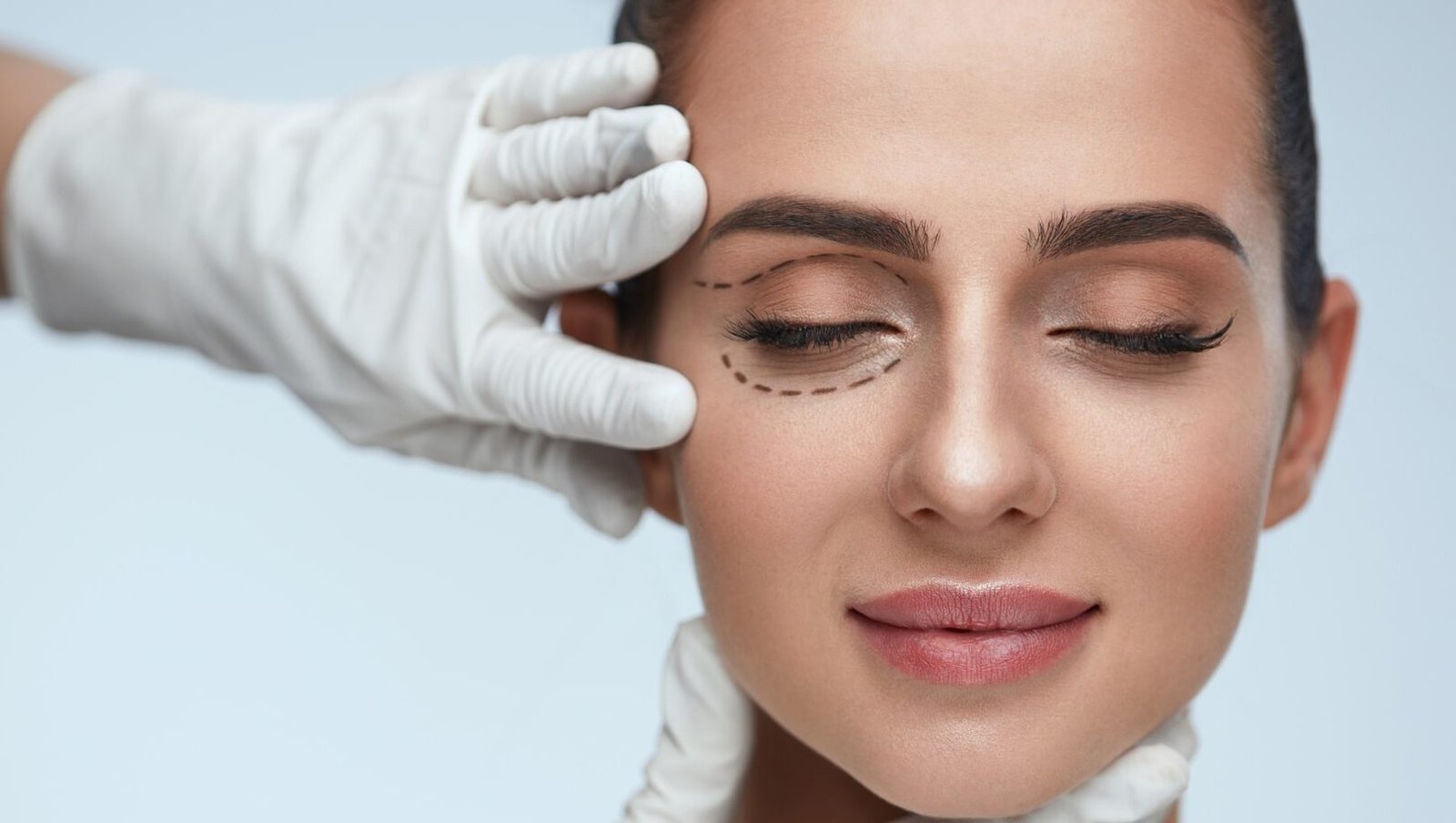

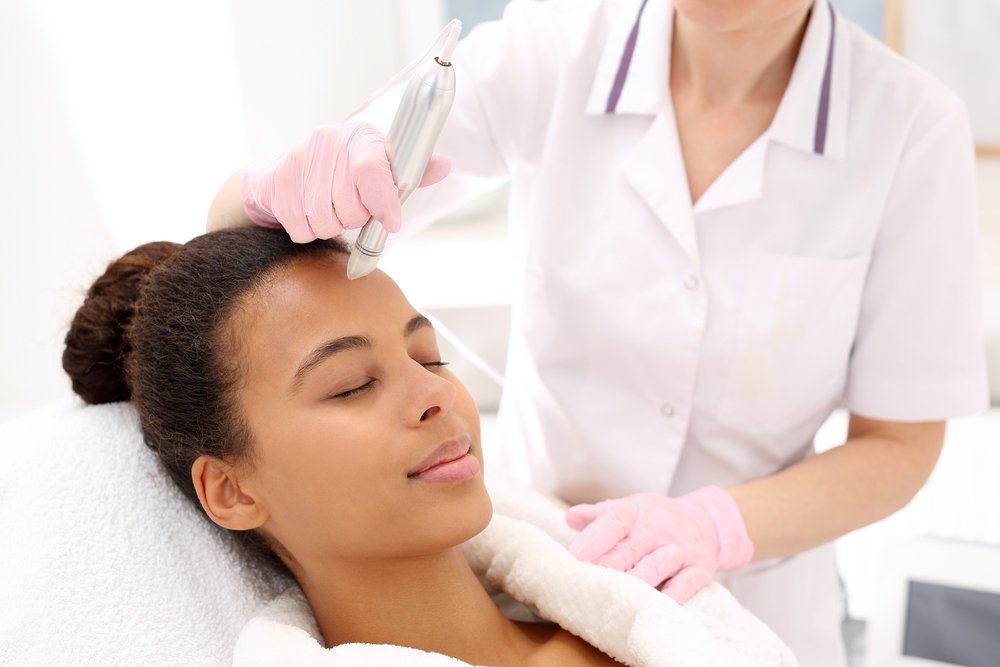
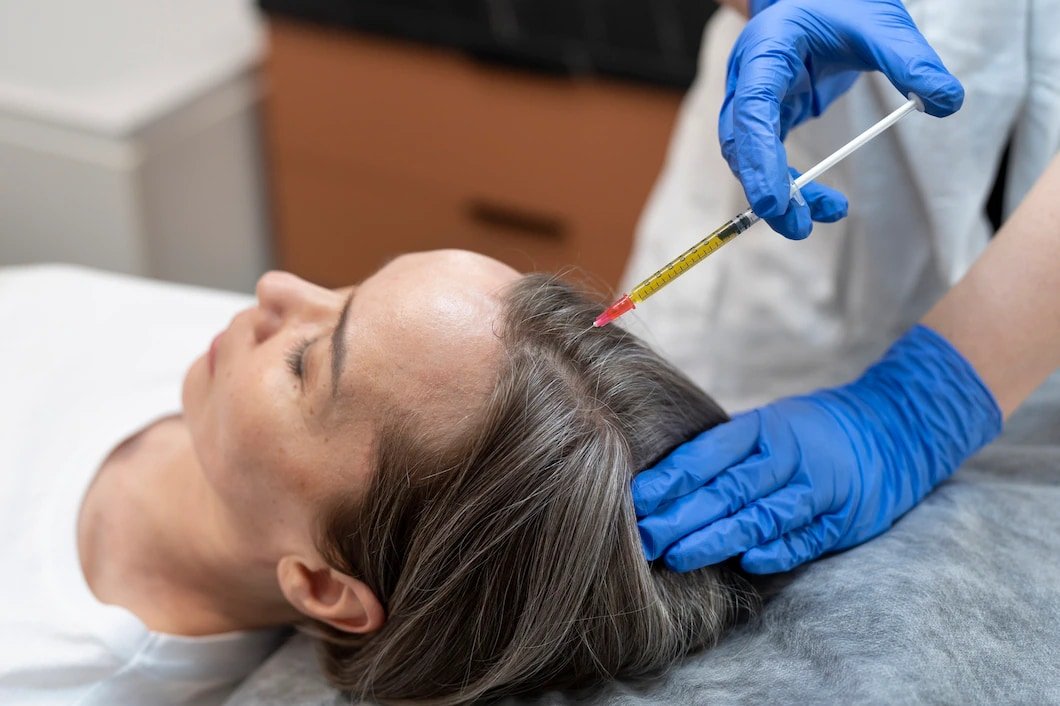

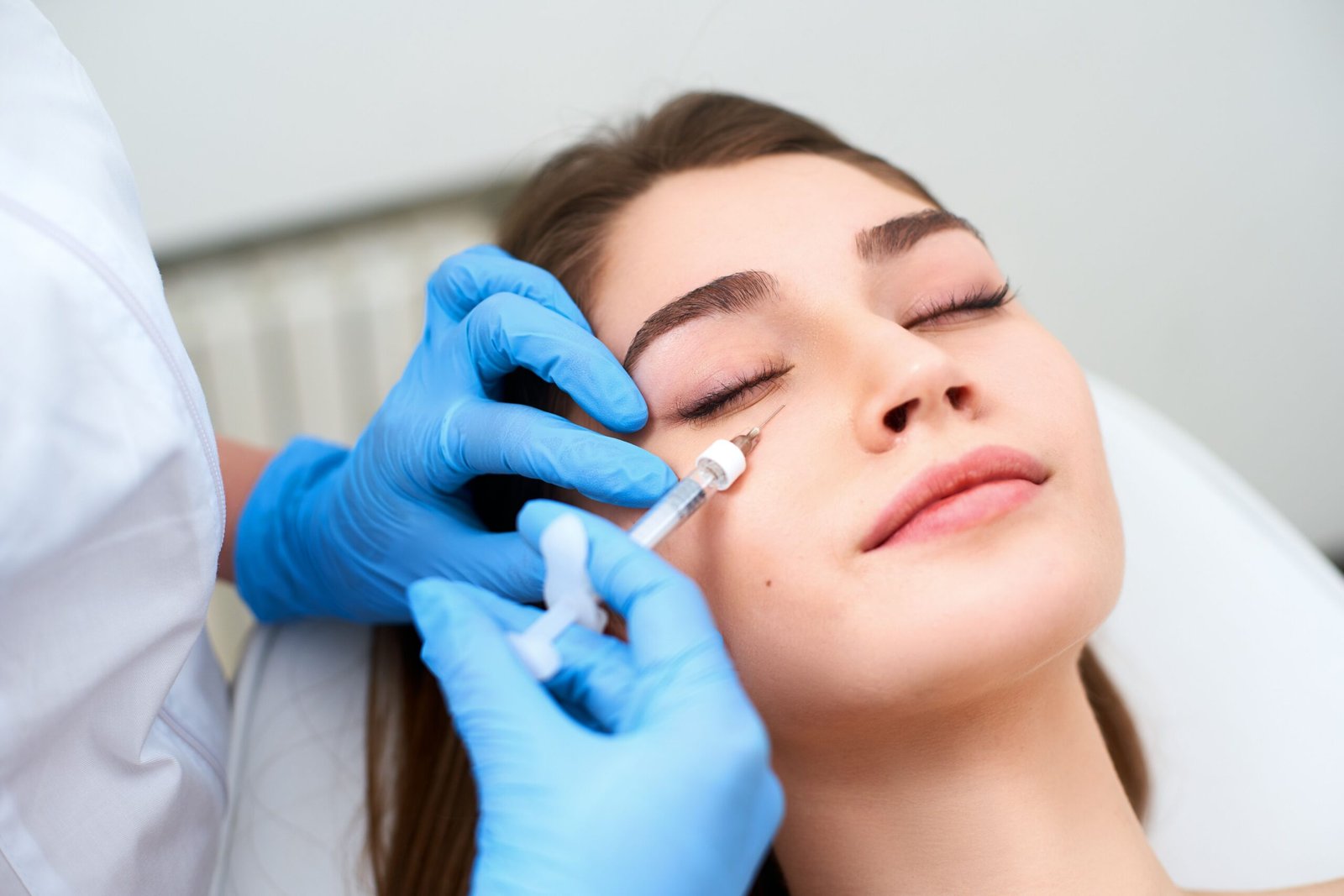





Leave a Reply